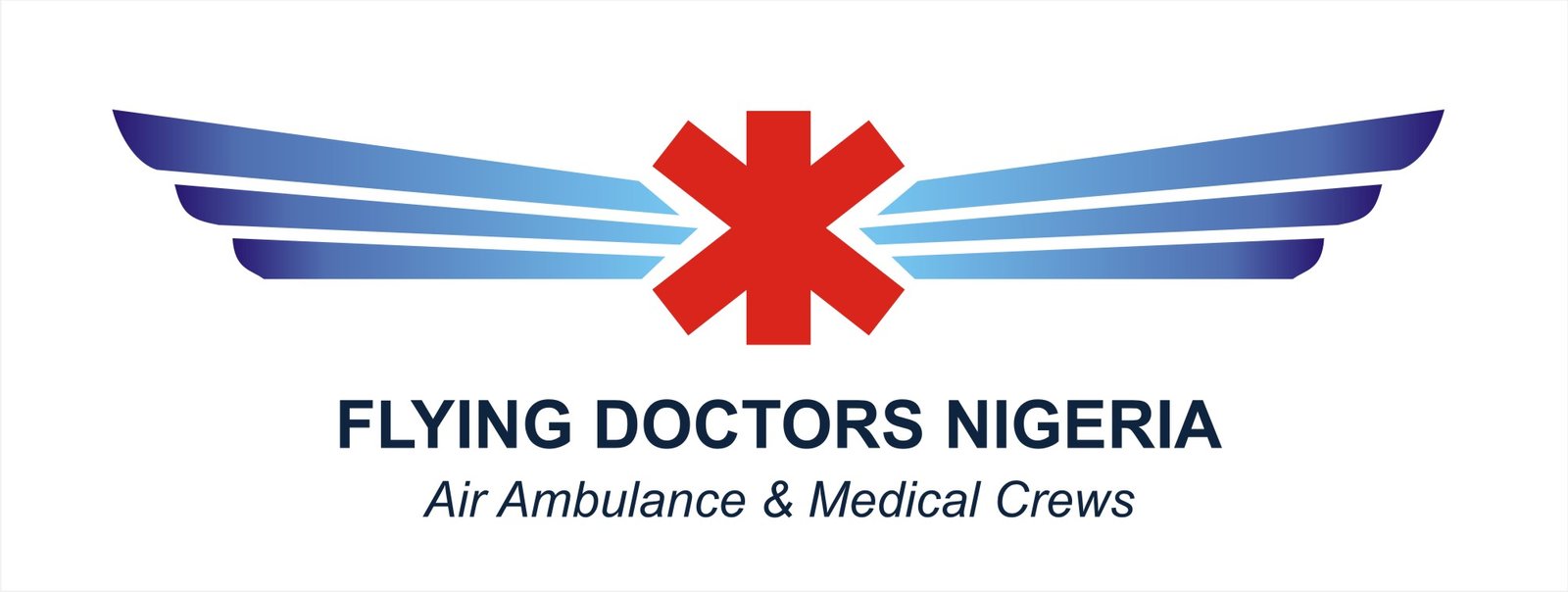
Pilgrimage to Mecca, Saudi Arabia is one of the largest mass gatherings that occur in the world every year. Similarly, Umrah which can be undertaken at any time of the year can become really overcrowded during the Ramadan season.
Due to the amount of crowd generated at these events, it is safe to conclude that there are many health risks associated and so travellers must be well prepared in advance. The extreme congestion of people and vehicles during this time contributes to the chances of health risks which includes infectious diseases.
Below, we discuss some of the tips for preparing for Hajj trip, staying safe during the trip and precautions to take after the trip.
- Before the trip
-Book an appointment with travel health specialist at least 4 weeks prior to the trip
-Ensure that you discuss with your healthcare provider about vaccines and medications.
-Due to the continued cases of Middle East respiratory syndrome (MERS), the ministry of Health in Saudi recommends that certain categories of people e.g. aged people over 65 years, children under 12, pregnant women, terminally ill people etc. should postpone their Hajj or Umrah trip.
-Travellers should consider buying travel health insurance and medical evacuation insurance
-Pilgrims should ensure that they leave their itinerary with people at home.
- During the trip
-Travellers should take necessary precautions against illness. These include regular washing of hands, use of sanitizers and staying away from sick people.
-Take necessary precautions against MERS
-Avoid heavily congested areas and carry around a copy of Identification.
-Male pilgrims should avoid the use of unclean blades and razor.
-Guidelines for food and water safety should be strictly followed.
-Pilgrims should try as much as possible to avoid mosquito and insect bites.
-Stay away from swimming in lakes and rivers.
- After your trip
Ensure that you see a doctor and make complaints if any. Also, ensure that you run tests to help you know your health status after the trip.
Be on high alert for symptoms of MERS especially. Symptoms include: acute respiratory illness with symptoms of fever, cough and shortness of breath
For further information about MERS read our article on it here
The Flying Doctors Air Ambulance Service
The Flying Doctors Nigeria is a leading air ambulance company covering West and Central Africa. For patients that have overwhelmed the level of care available in their local environment, air ambulances are essential for transferring these patients to better levels of care.
We also offer medical evacuation plans which provide medical evacuation and treatment in the event of an emergency for a small yearly fee.
To learn more about us and our services, send us an email at sales@flyingdoctorsnigeria.com
Or visit our website at www.flyingdoctorsnigeria.com

